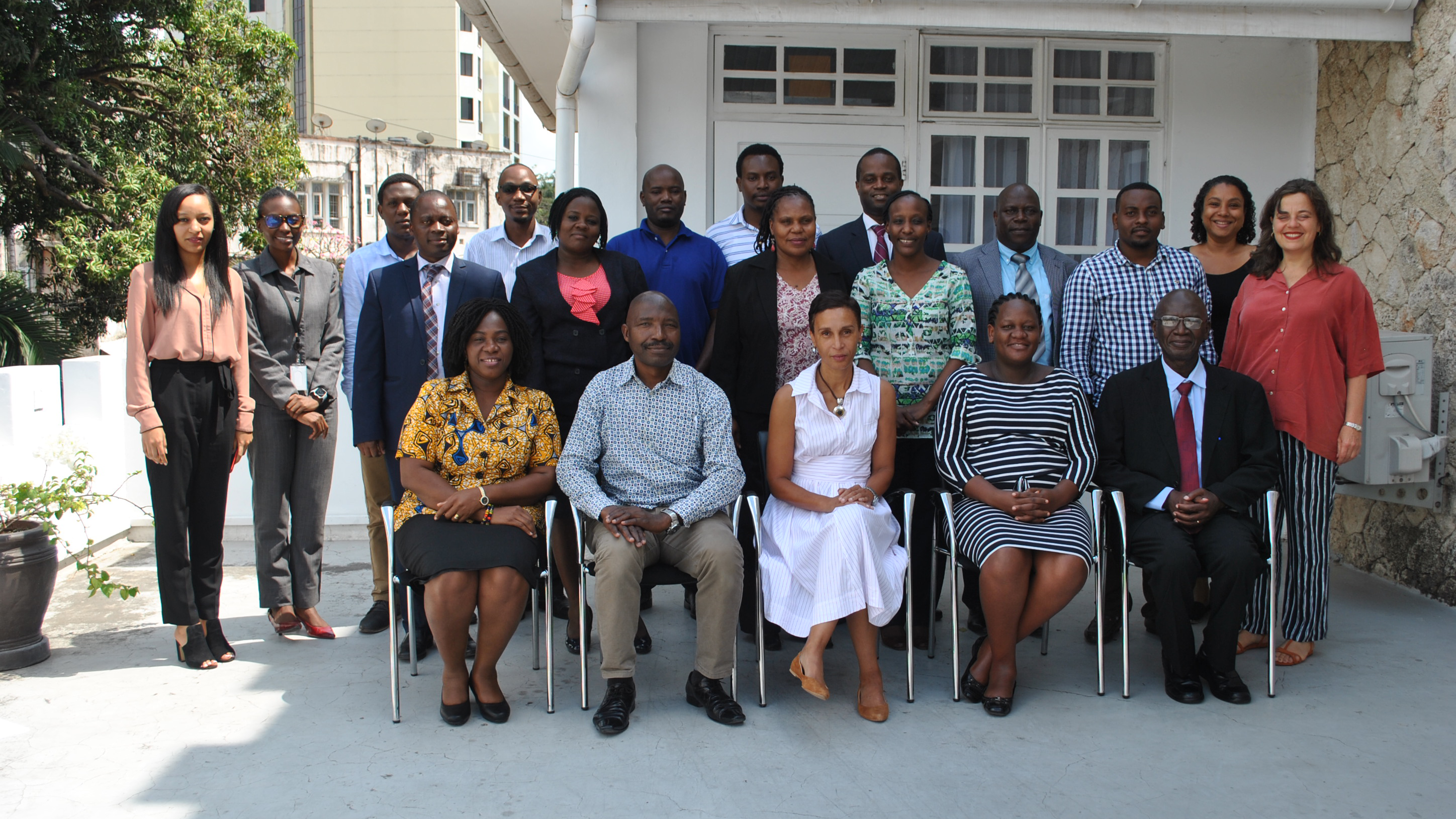
26 Sep AIGHD joins international consortium to tackle AMR
A newly launched consortium is tackling one of the most pressing global health issues: increase human resource capacity to prevent and control antimicrobial resistance (AMR).
Funded through a grant from Fleming Fund, the AMR fellowship Alliance brings together multiple institutions to provide custom made in service training to the people designated to lead the implementation of AMR and antimicrobial usage (AMU) surveillance as part of national AMR plan in African countries. The Fleming Fund Fellowship programme complements two other funding schemes: the regional Fleming Fund grants that address key issues (such as access to External Quality Assurance and analysis of existing AMR and AMU surveillance ) across countries, and individual Fleming Fund country grants building AMR and AMU diagnostic and epidemiology capacity at national level in twelve African Priority countries. The Fleming Fund Fellowship aims at training 6 key staff per country (two laboratory staff, 2 AMR surveillance and 2 AMU surveillance across human and animal health), so that they can subsequently support their respective national AMR action plan following a One health approach.
The AMR fellowship Alliance is led by the African Society for Laboratory Medicine and is one of the 17 host institutions funded by the Fleming Fund that will train a total of 150 fellows across Africa and Asia. The consortium came together for the first time last week in Tanzania to kick off their efforts. AIGHD’s Prof. Constance Schultsz is one of the members along with the Amsterdam UMC’s Department of Medical Microbiology, The Infectious Disease Institute (Uganda), The Noguchi Research Medical Center (Ghana), the African Field Epidemiology Network (AFENET, Uganda), the Africa Center for Disease Control (Africa CDC, Ethiopia) and DATOS (Netherlands). AMR is a key research priority for AIGHD.
“This consortium is of particular importance because AMR is an increasingly serious, complex global health threat. Preventing and controlling AMR requires collaboration across all sectors, disciplines and domains, as well as a health system strengthening approach,” said Asst. Prof. Pascale Ondoa, Director of Science and New Initiatives at the African Society for Laboratory Medicine, which established the consortium.
The Fleming Fund Fellowship program aims at building the necessary practical skills for 6 fellows per country, while collaborating with other implementing partners to strengthen the beneficiary institutions where fellows are affiliated (national public health laboratories and institutes as well as epidemiology units at Ministries of Health and Agriculture). The role of the consortium is to support the training and development of the Tanzanian fellows.
“The training will help equip these fellows with skills so that they can help their countries to mitigate AMR,” said prof. Constance Schultsz. “Fellows should be able to provide leadership in AMR detection and surveillance of AMR and AMU after completion of their fellowship, which will benefit the implementation of the national action plan to reduce AMR.”
